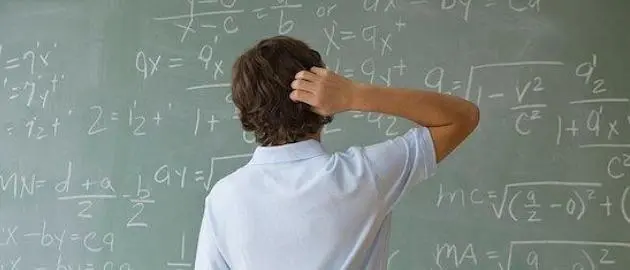
Accountancy & Mathematics
Overview
The Accountancy and Mathematics degree will teach you to use mathematics to solve practical problems and how to apply this knowledge to accounting. Accounting is the method of collecting, measuring, analysing, and communicating information that will help you in your decision-making for businesses, organisations, and individuals. At the same time, mathematics indicates successful explorations of numerical, geometrical, and logical relationships. Accountants need to be proficient in basic mathematical terms to analyse financial data, prepare reports, and ensure accuracy in their work.
Objectives
- Develop a strong understanding of accounting principles
- Master mathematical concepts
- Combine accounting and mathematics for practical applications
- Cultivate analytical and problem-solving abilities
- Prepare for a Career in Finance or Accounting
Prerequisites
- Mathematics Proficiency
- Basic Accounting Knowledge
- English Language Proficiency
Curriculum Outline
- Introduction to Accounting
- Calculus
- Statistics
- Introduction to Business
- Business Communication
- Mathematics for Business
- Financial Accounting
- Managerial Accounting
- Linear Algebra
- Intermediate Statistics
- Ethics in Accounting
- Taxation
- Cost Accounting
- Probability Theory
- Financial Management
- Accounting Information Systems
- Mathematical Modelling
- Auditing
- Financial Mathematics
- Data Analytics for Accounting
- Capstone Project or thesis
Teaching Method
- Lectures
- Interactive Workshops
- Case Studies
- Group Projects
- Seminars
- Online Learning Platforms
- Tutoring and peer support
Modules
- Forensic Accounting
- International Accounting
- Advanced-Data Analytics
- Financial Statement Analysis
- Data Analytics for Accounting
- Financial Mathematics
- Auditing
- Mathematical Modelling
- Accounting Information Systems
- Financial Management
- Probability Theory
- Cost Accounting
- Ethics in Accounting
- Intermediate Statistics
- Managerial Accounting
- Mathematics for Business
- Business Communication
- Introduction to Business
- Statistics
Assessment Methods
- Examinations
- Quizzes
- Assignments
- Case Studies
- Presentations
- Group Projects
- Research Papers
- Essays
- Internship Evaluations
Course Duration
The course duration may vary by institute and country. However, in the UK, it typically takes about 3 to 4 years to study full-time, and part-time takes about 4 to 6 years.
Facilities
- Modern Classrooms
- Computer Labs
- Library Resources
- Study Areas
- Lecture Halls
- Simulation Rooms
- Career Services Centre
- Math and Accounting Help Centres
- Online Learning Platforms
Career Pathways
- Financial Analyst
- Actuary
- Data Analyst
- Management Accountant
- Internal Auditor
- Forensic Accountant
- Budget Analyst
- Financial Manager
- Investment Banker
- Business Consultant
- Academic researcher
- Professor
Fees and Fundings
The tuition fees may vary depending on the country and the institute. In the UK, the average tuition fee for international students is £30,000 a year.
Entry Requirements
- A-Level
- BTEC Qualifications
- GCSE
- Personal Statement
- References
- Entrance Exams
- English proficiency
Field Work and Internships
- Internships
- Work placement programmes
- Field Projects
- Networking Opportunities
- Collaborative Projects
- Career Services Support
Certifications
Accountancy and mathematics is definitely a high-demand degree that will take you places, but some other related professional certifications will amplify your overall career prospects. Some of them are:
- Certified Public Accountant (CPA)
- Chartered Accountant (CA)
- Association of Chartered Certified Accountants (ACCA)
- Chartered Financial Analyst (CFA)
- Certified Management Accountant (CMA)
- Financial Risk Manager (FRM)
- Certified Internal Auditor (CIA)
Intakes
In the UK, the primary intake occurs in September/October, and the secondary intake takes place in January/February.
Student Testimony
"I am fascinated with the way my course is structured; my course has allowed me to explore and see different branches of mathematics with the provision of excellent course materials and support from the department." [Nirusiya Sriskantharajah from Queen Mary University of London]
Frequently asked questions
Accountants need to be proficient in basic arithmetic, algebra, and statistics to analyse financial data, prepare reports, and ensure accuracy in their work.
